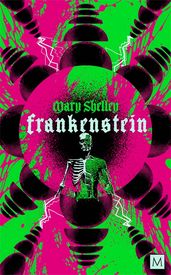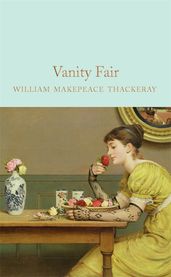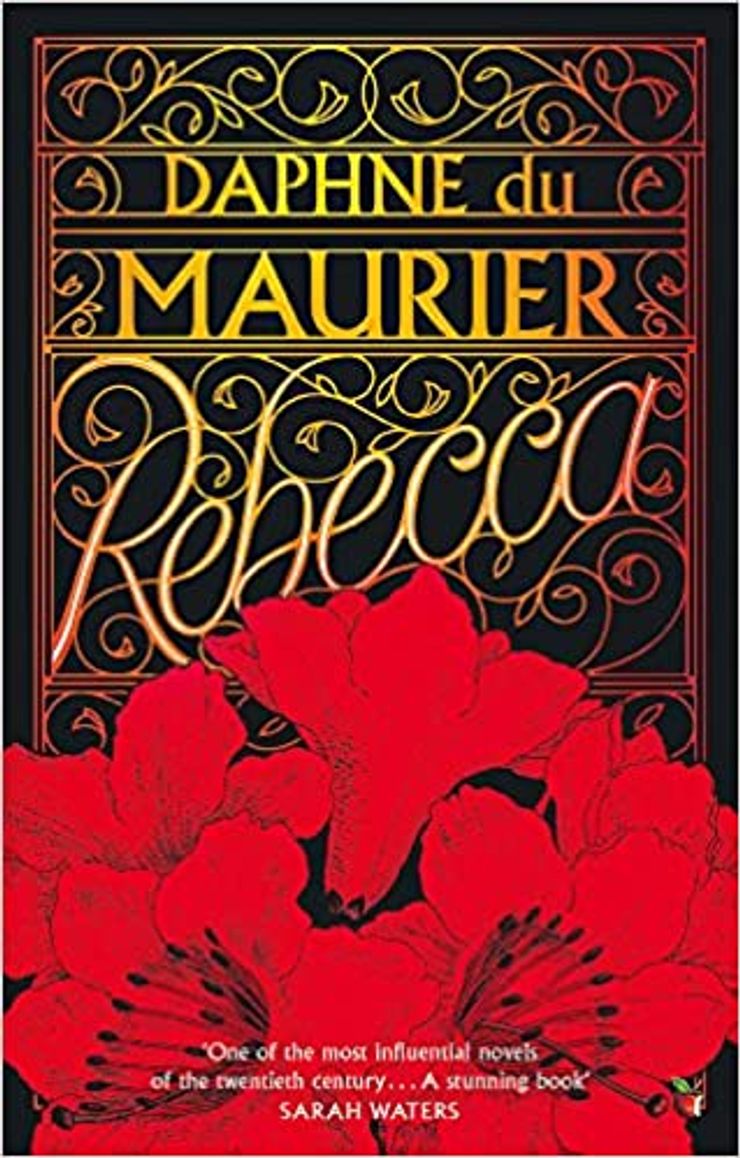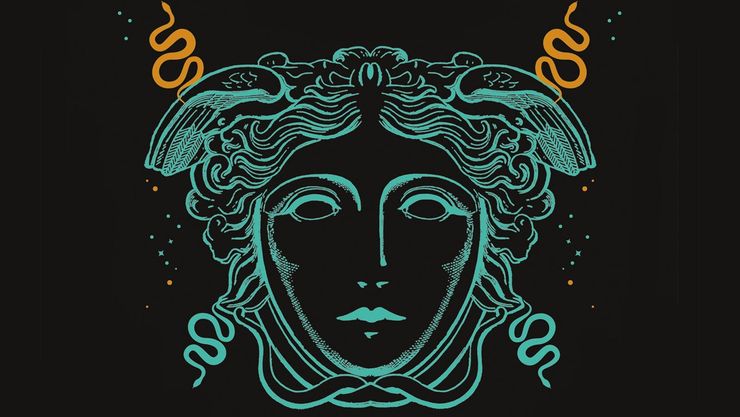Three classic book villains who were right all along
Their methods may be questionable, but they did kind of have a point.

They're set up for us to root against, the other characters loathe them, and they're often cruel and heartless. But what if their actions are, in some twisted way, the only ones available? Or at least have an understandable provocation. Here are three villains that our website editor thinks are actually in the right.
Warning: perhaps inevitably, this piece includes spoilers.
Frankenstein's Monster
Frankenstein
by Mary Shelley
If anyone has earned the right to the teenage declaration that they didn't ask to be born, surely it's Frankenstein's Monster. Although in his case it may be more along the lines of I didn't ask to be sewn together from manky old body parts by a brilliant but wayward scientist. Nor, indeed, did he ask to be immediately abandoned by his creator, shunned by society at large and cruelly misjudged by everyone based on his alarming appearance. I am in no way trying to justify killing people, framing innocent maids for murder or burning down cottages, just so we're clear. But once we actually hear from the Creature himself, he shows himself to have begun life as a gentle, fearful figure, who has learned to hate humans only through being so badly treated by them. It's hard to exactly endorse the ends or the means, but I can see where the guy's coming from.
Becky Sharp
Vanity Fair
by William Makepeace Thackeray
Vanity Fair follows the lives of orphan Becky Sharp and her sweet-natured, and rich, classmate Amelia Sedley, through love, lust, fortune and loss in nineteenth-century England. Becky Sharp is an ambitious social climber who uses people as stepping stones. She betrays her best friend, Amelia – flirting so outrageously with her husband, he almost leaves her – is uninterested, to put it mildly, in her son, and is heavily implied to be involved in the death of her lover. So far, so odious. And yet, and yet. The novel is called Vanity Fair for a reason. Becky is a woman without money or status in a world in which this leaves her with few options for advancement. Her actions are a direct response to her circumstances, and are only successful (at least for a while) because of the corrupt and mercenary nature of the society she is trying to join. She's a self-made woman, using her intelligence and charm to achieve what society denies her due to her gender and class. And the idea that not being able to connect with your child is some sort of moral failing rather than a sign that perhaps this is a parent who needs support is one that can happily be left in 1814. Not great to murder someone for the insurance, but perhaps this is a case where we should play the Regency ball, not the woman.
Rebecca
Rebecca
by Daphne du Maurier
Rebecca is the classic 'other woman' story, as the new Mrs de Winter is haunted by the phantom of her husband's beautiful first wife, Rebecca, and her creepy housekeeper, Mrs Danvers. When I read this book for the first time, all my sympathies lay with the second wife. Rebecca was cruel, she was manipulative, she was unfaithful. She made everyone's lives a misery, even after her death. A few years later, I'd spun round completely: Rebecca was a feminist icon. Why should she be restricted by the confines of marriage and societal expectation? Why should she live a quiet, unfulfilled life in a loveless marriage? Even her death is perfect, a final victorious manipulation as she coerces her husband into killing her because she already wants to die. When I first read Rebecca, I hated the person. On my second read, I loved what I felt she represented. There's enough unpleasantness there to still feel a bit iffy about affiliating yourself too closely (should we be celebrating someone who acts cruelly and selfishly just because it's exhilarating that it's a woman?) and maybe the answer is to hate the patriarchy rather than offer Rebecca redemption. But also Maxim is unbearable and the second Mrs de Winters has her own red flags popping up all over Manderley, so I can't help but advocate for her despite her flaws.










